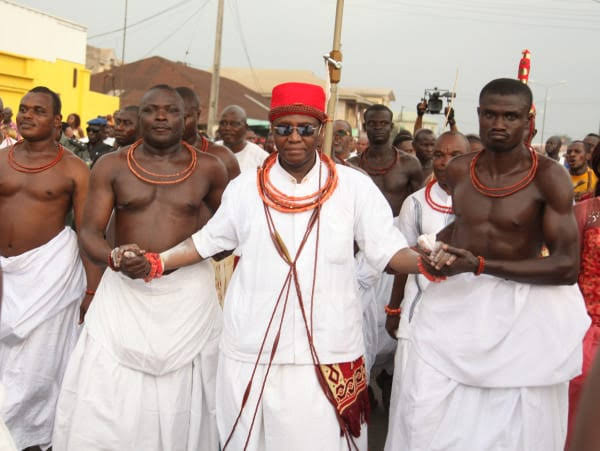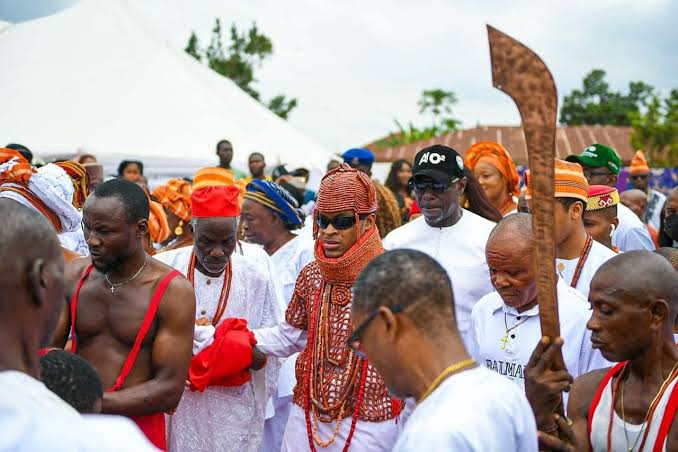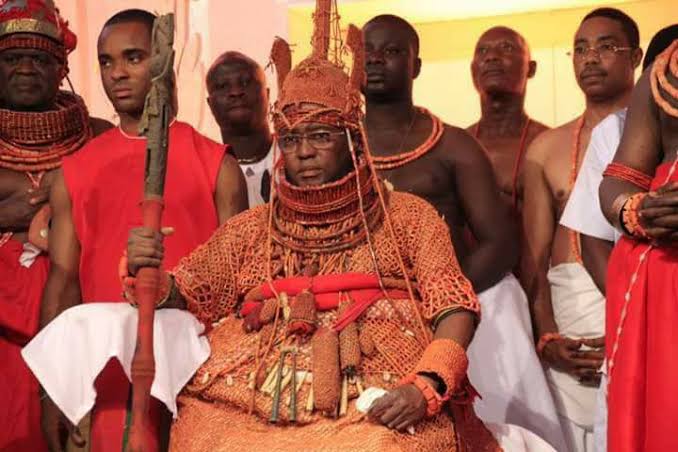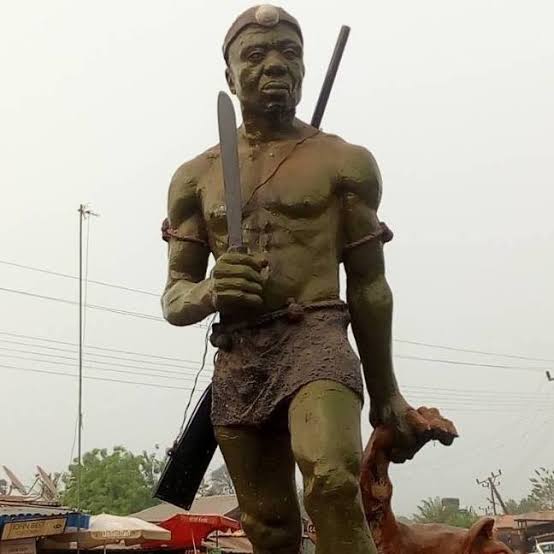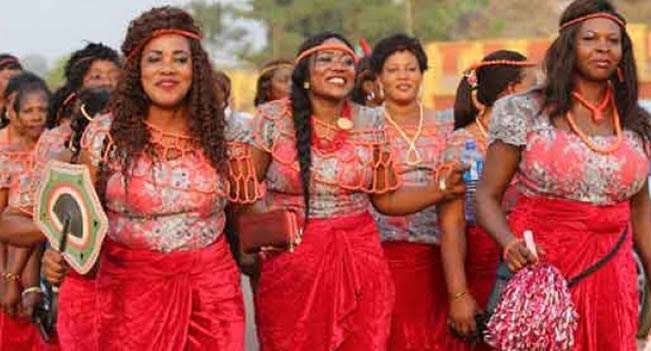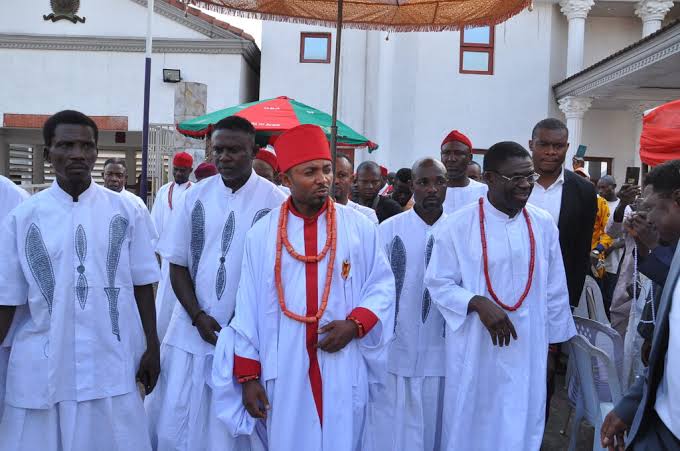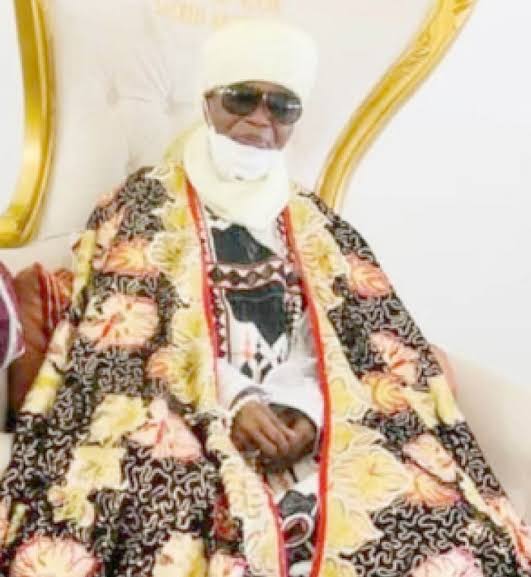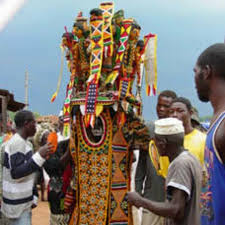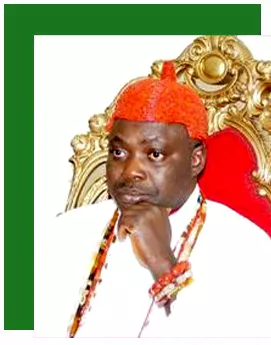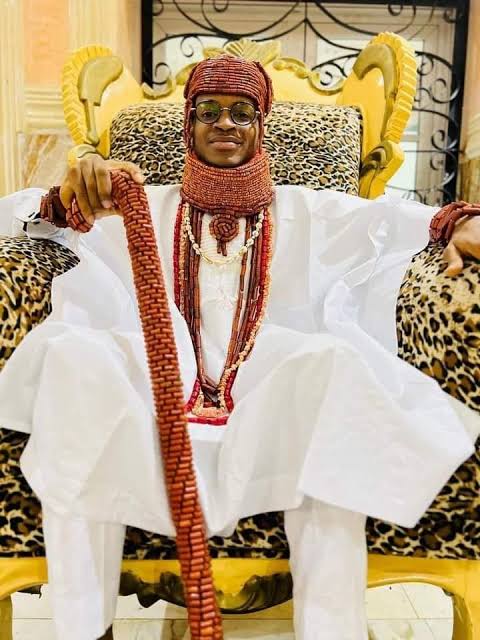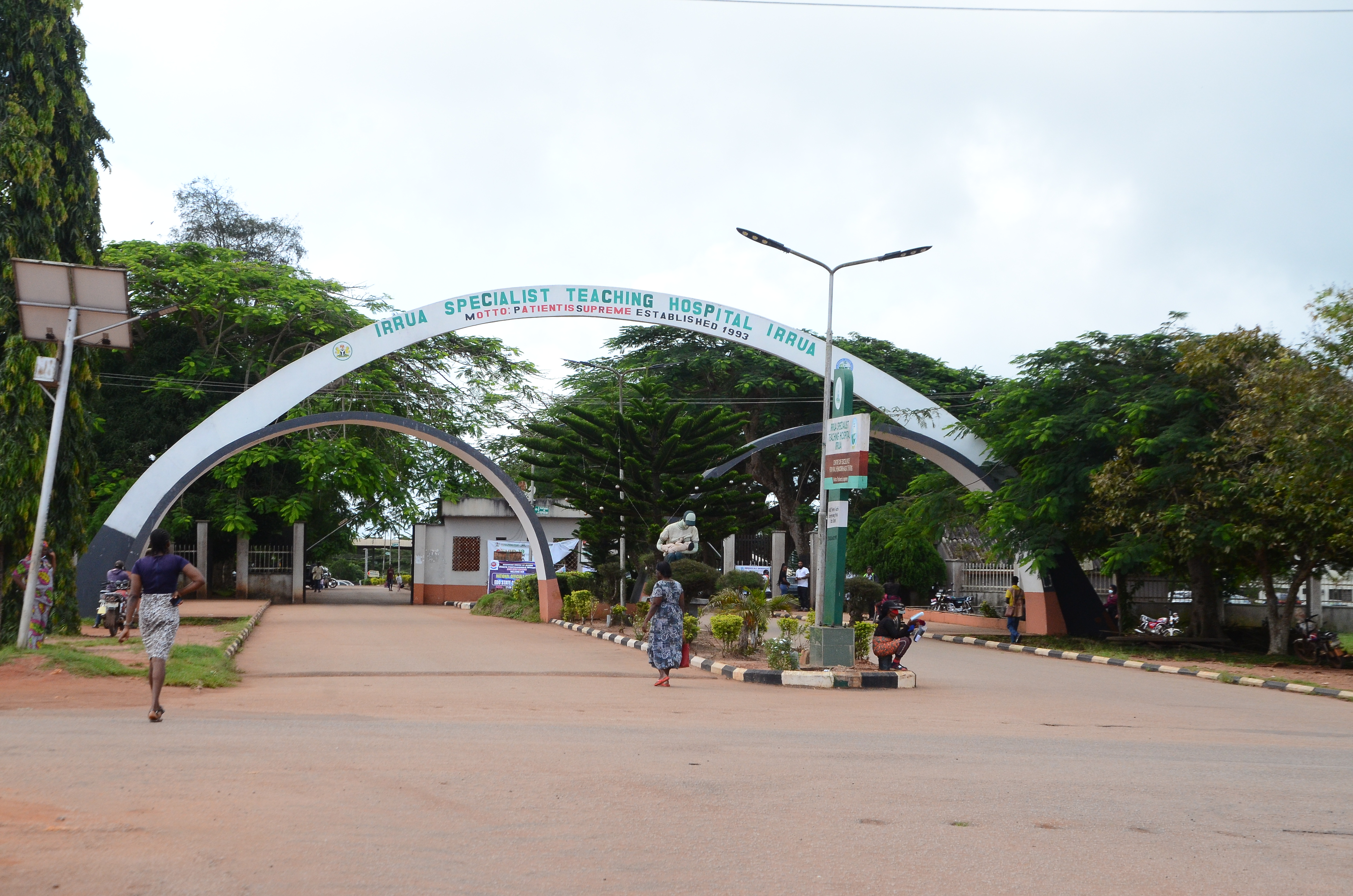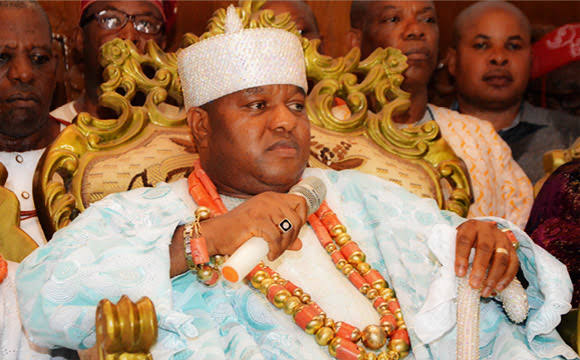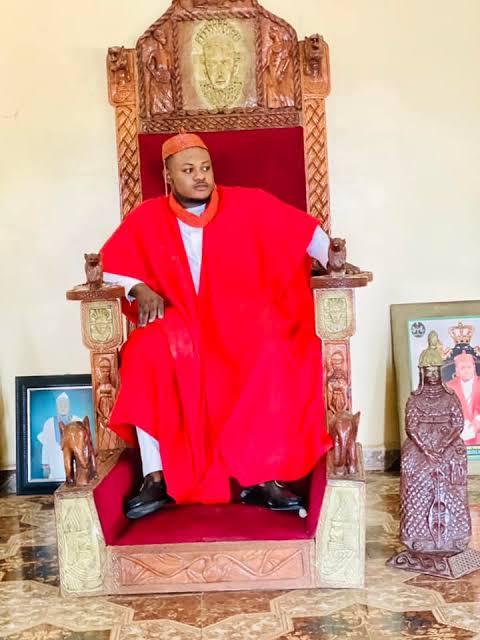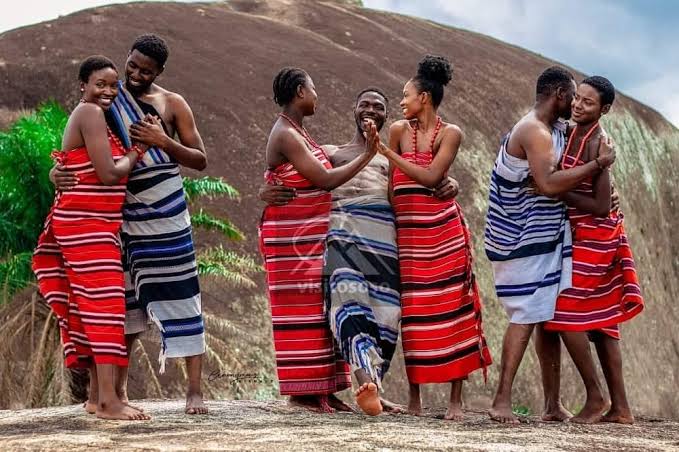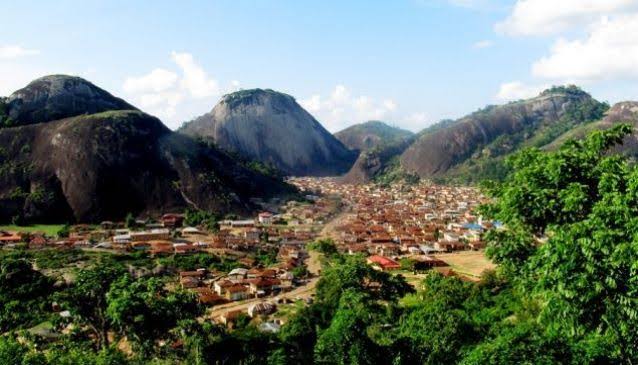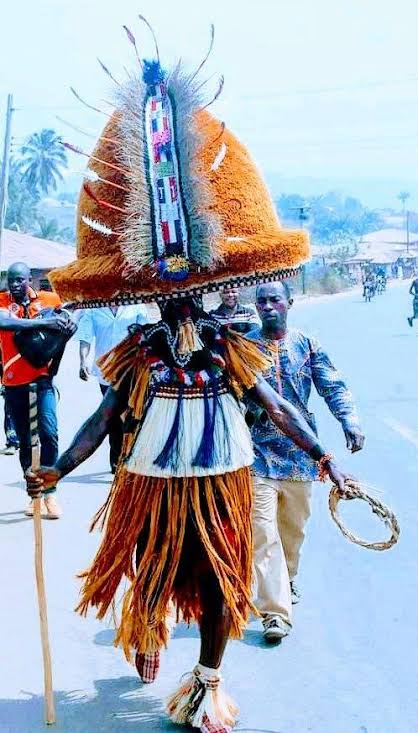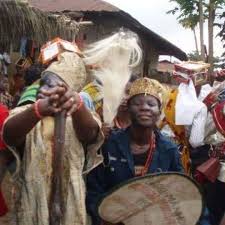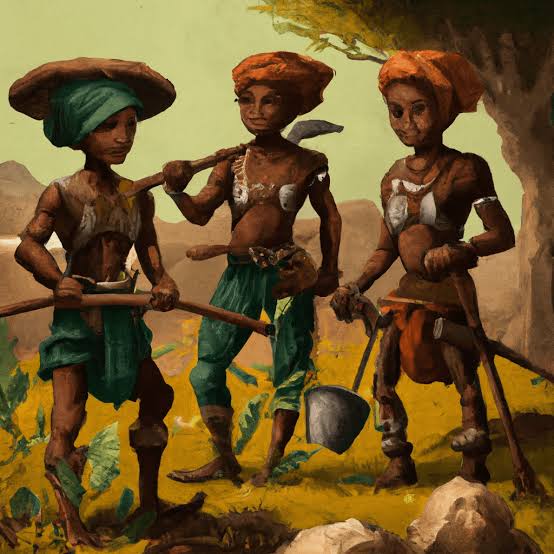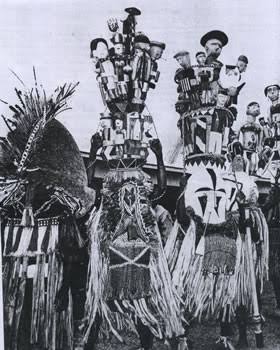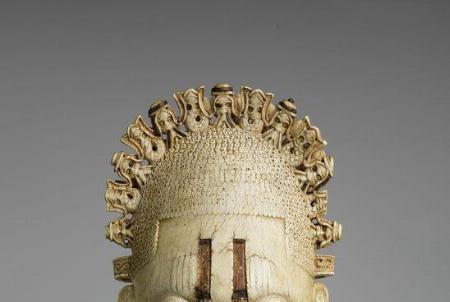Ibillo Kingdom
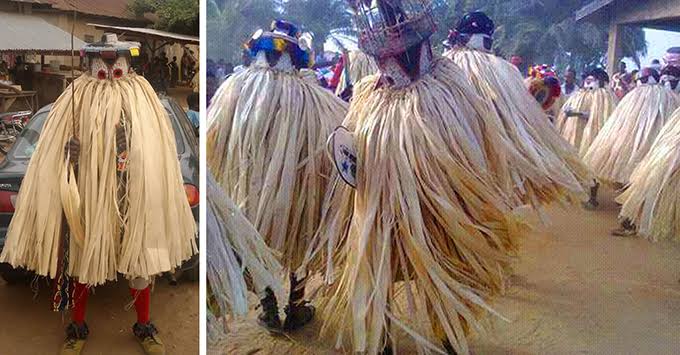
Description
Ibillo is a prominent community located in the Akoko-Edo Local Government Area of Edo State, Nigeria. The Ibillo Kingdom is one of the traditional kingdoms within this region, known for its rich cultural heritage and historical significance.
Historical and Cultural Background:
The Ibillo Kingdom has a long history that is deeply intertwined with the broader history of the Akoko-Edo region. The people of Ibillo are part of the Okpameri ethnic group, which is one of the sub-groups within the larger Yoruba-speaking communities of Nigeria. However, due to historical migrations and interactions with neighboring ethnic groups such as the Bini (Edo), the people of Ibillo have developed a unique cultural identity that blends influences from both Yoruba and Edo cultures. The traditional ruler of Ibillo, known as the Onojie or Oloja of Ibillo, is the highest authority in the kingdom. This position is hereditary, and the ruler is regarded as both the political and spiritual leader of the community. The Onojie plays a vital role in the preservation of the community’s traditions, overseeing important cultural and religious ceremonies, and resolving conflicts within the kingdom.
Geography and Demographics:
Ibillo is situated in the northern part of Edo State, close to the borders with Kogi State and Ondo State. The community is located in a hilly region, characteristic of the Akoko-Edo area, with a landscape that includes both plains and rocky hills. The climate is conducive to agriculture, which is the main economic activity of the people. Crops such as yams, maize, cassava, and various vegetables are cultivated, and there is also a significant focus on animal husbandry. The population of Ibillo is predominantly Okpameri-speaking, although there are influences from other ethnic groups due to intermarriages and trade relations. The community is known for its strong sense of unity and cultural pride, which is reflected in their traditional practices and communal lifestyle.
Cultural Practices and Festivals:
Ibillo is a community with a rich cultural tapestry, where traditional festivals and ceremonies play a crucial role in the social life of the people. One of the most significant festivals is the Epa Festival, which is celebrated annually to honor the community’s ancestors and seek blessings for the coming year. The festival involves elaborate masquerades, traditional dances, drumming, and sacrifices to the gods. Another important cultural event is the New Yam Festival, which, like in other parts of Nigeria, marks the beginning of the harvest season and is a time of thanksgiving and celebration. These festivals are not only important for cultural preservation but also serve to strengthen community bonds and pass down traditions to younger generations.
Development and Challenges:
Ibillo, like many rural communities in Nigeria, faces various challenges related to infrastructure, healthcare, and education. The community relies heavily on agriculture, but there is limited access to modern farming techniques and tools, which affects productivity. Efforts are being made by both the government and non-governmental organizations to improve living conditions in Ibillo, focusing on areas such as education, healthcare, and rural development.
References
1. Adekunle, J.O. (2014). "Ethnic Identity and the Politics of Culture in Akoko-Edo: The Case of the Okpameri People." African Journal of Indigenous Knowledge Systems, 13(2), 67-79.
2. Eweka, I. (1998). The Kingdoms of Edo: A Historical Study of the Edo-speaking Peoples of Nigeria. Nigeria: Evans Brothers.
3. Okojie, C.G. (1960). Ishan Native Laws and Customs. Benin City: I.C.E.

Related Content
Join The Edo State Digital Library
The Edo State Digital Library is a global network of researchers, archivists that is open to anyone with interest in documenting Edo State's history. There are many ways to contribute to the archive: as an individual or as an institution looking to share its content online, as a professional archivist, as a history researcher, or as someone with a love for cultural heritage. You may join as a:
.png)
.png)
